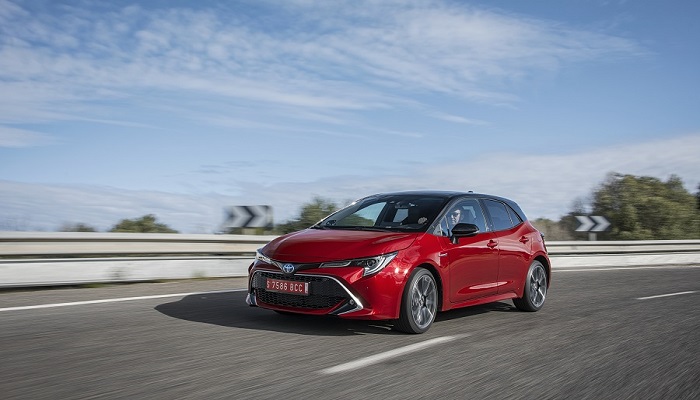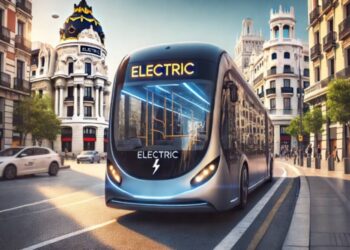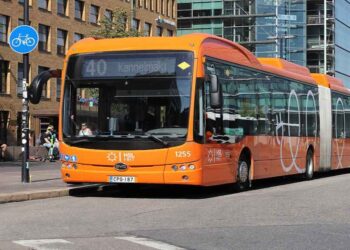Stricter Co2 emission performance criteria for new automobiles and vans were the subject of a tentative political agreement between the Council and the European Parliament. The goal is to transition to zero-emission mobility.
In anticipation of a formal adoption, the co-legislators decided that:
- By 2030, new automobiles are expected to reduce Co2 emissions by 55%, and new vans by 50% when compared to 2021 levels.
- By 2035, the CO2 emissions from new automobiles and vans are to be completely eliminated.
Zero-and low-emission vehicles- ZLEVs will continue to be eligible for the regulatory incentive programme until 2030. As part of this approach, a manufacturer may receive less stringent Co2 targets if it reaches specific benchmarks for the sales of zero- and low-emission automobiles. Co-legislators decided to raise the standard till 2030 to 25% for vehicles and 17% for vans.
The agreement contains language on Co2 neutral fuels that states that the Commission will, after consulting with stakeholders, develop a proposal for registering vehicles that only use Co2 neutral fuel after 2035 in accordance with EU law, outside the purview of fleet standards, and in accordance with the EU’s climate neutrality objective.
The agreement has a review clause that will make sure that in 2026, the Commission will carefully evaluate the progress made toward accomplishing the 100% emission reduction goals and the need to review these targets in light of technological developments, including those relating to plug-in hybrid technologies and the significance of a financially feasible and socially just transition toward zero emissions.
Additionally, the agreement includes a strengthening of additional rules’ clauses like:
- From 2030 to 2034, the maximum amount of emission credits that manufacturers can obtain for eco-innovations that demonstrably lower Co2 emissions from motor vehicles will be reduced from the existing cap of 7g/km per year to a maximum of 4g/km per year.
- By 2025, the Commission will create a standard EU methodology for evaluating the total CO2 emissions from automobiles and vans sold in the EU as well as the fuel and energy they use. Manufacturers are free to voluntarily inform the Commission on the life cycle emissions of the new vehicles they introduce to the market using this methodology.
Up until the end of 2035, the agreement preserves an exemption for small volume manufacturers.
The provisional political agreement’s text will be made public soon.
An overview and future stages
The proposal updates the law, which was last changed in 2019. The Council and Parliament now need to formally adopt the interim political agreement agreed during trialogue deliberations.
Every manufacturer is required by law to make sure that the mean emissions of Co2 from its fleet of recently registered vehicles do not go beyond a set annual emissions target. Manufacturers are still allowed to put combustion engine vehicles on the market, but if they surpass their emissions target in a given year, they must pay an extra fee of €95 for each registered vehicle for every gramme of Co2/km beyond the threshold. As a result of the newly established targets, fossil fuel-powered automobiles will eventually cost more than zero-emission vehicles.
An infrastructure for drivers to recharge their vehicles across the member states will be developed thanks to the relevant modification of the installation of an alternative fuels infrastructure (AFIR), which is presently being considered by the Council and the Parliament.
The idea to modernise the CO2 emissions performance requirements for cars and vans is part of the “Fit for 55” package. The package, which was unveiled by the European Commission on July 14, 2021, intends to make it possible for the EU to reach climate neutrality in 2050 and a net reduction in greenhouse gas emissions of at least 55% by 2030 when compared to 1990 levels.
At its plenary meeting on June 8, 2022, Parliament approved a number of revisions to the Commission’s plan. The Environment Council came to a basic conclusion about the plan on June 29, 2022.


































